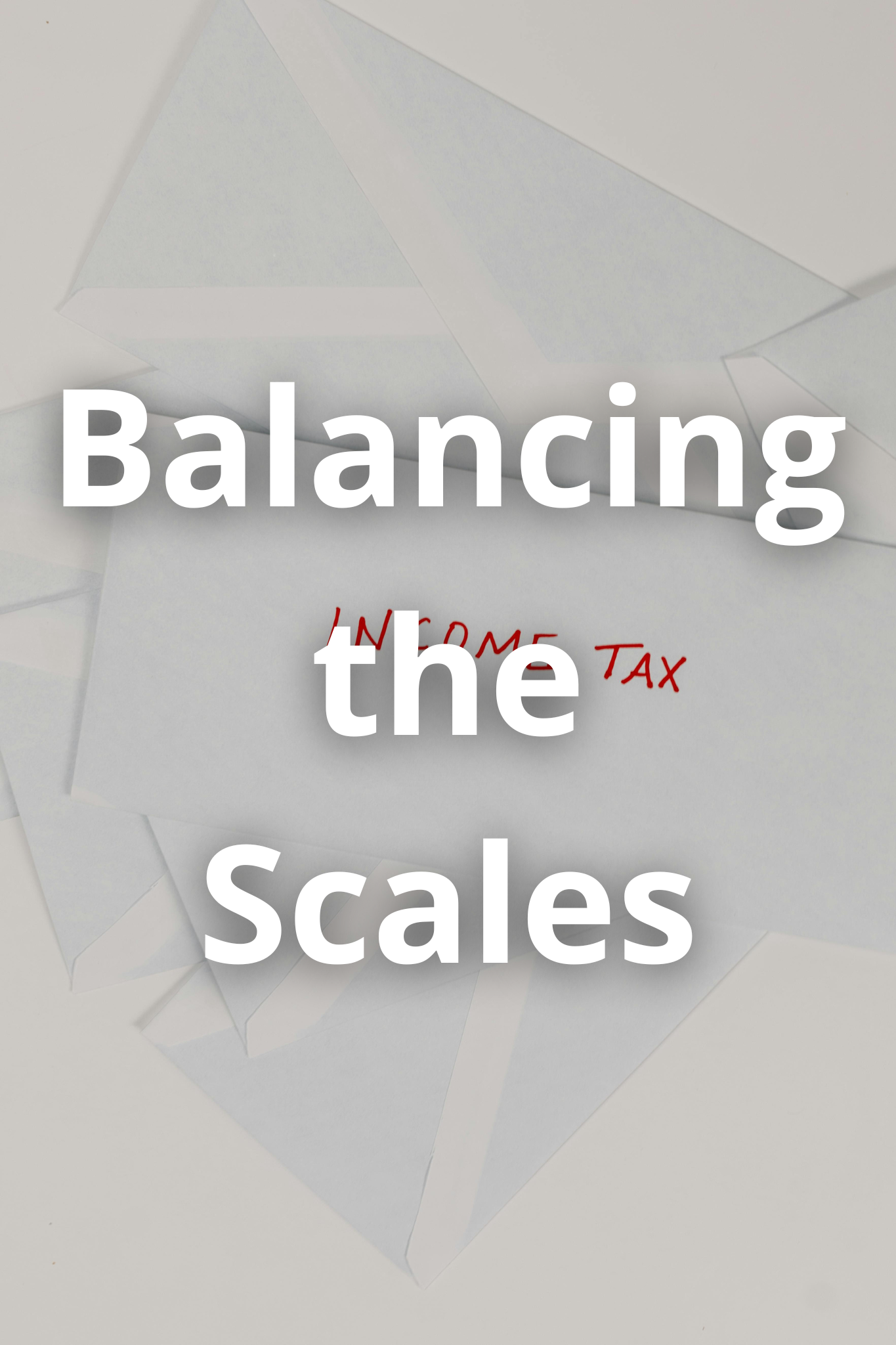
Life on a low wage brings its own set of challenges and financial tightropes. As someone working hard to make ends meet, the concept of taxation can seem both daunting and, at times, unfair. However, understanding how the tax system works and its implications for someone in my position can provide valuable insights into its impact on everyday life and the broader economy. In this essay, I’ll share my perspective on taxation, its importance, its effects on low-wage earners, and potential reforms to make the system more equitable.
Read also: Building Wealth and Understanding the Role of Taxation
The Realities of Working on a Low Wage
Living on a low wage means carefully managing every dollar to cover basic needs such as food, housing, transportation, and healthcare. For many low-wage workers, even a small change in income or expenses can cause significant financial stress. Understanding how taxes affect take-home pay is crucial in this context.
Income Tax: One of the main types of taxes that low-wage workers encounter is income tax. Although the tax system is progressive, meaning those with higher incomes pay a higher percentage in taxes, the burden of even a small income tax can be substantial for someone earning a minimum wage. Understanding tax brackets and how they apply to low-income earners is important for managing finances effectively.
Payroll Taxes: In addition to income tax, payroll taxes such as Social Security and Medicare taxes are deducted from every paycheck. While these taxes fund important social programs, they also reduce the amount of money available for immediate needs. For low-wage workers, every dollar counts, and these deductions can significantly impact disposable income.
Sales Tax: Unlike income tax, sales tax is regressive, meaning it takes a larger percentage of income from low-wage earners than from high-income earners. Since everyone pays the same rate regardless of income, the impact is more substantial for those with less to spend. This affects everyday purchases like groceries, clothing, and household items.

The Importance of Taxation
While taxes can feel like a heavy burden, especially for low-wage workers, they play a crucial role in funding public services and infrastructure that benefit society as a whole.
Public Services: Taxes fund essential services such as education, healthcare, and public safety. These services are particularly important for low-wage workers who might not be able to afford private alternatives. For instance, public schools provide education for children, public hospitals offer medical care, and public transportation enables affordable commuting.
Social Safety Nets: Programs like food assistance (SNAP), housing subsidies, and Medicaid are funded through taxes. These programs provide critical support to low-wage workers, helping to bridge the gap between their earnings and their basic needs. Understanding how these programs are funded underscores the importance of contributing to the tax system, despite its immediate impact on take-home pay.
Infrastructure: Taxes also fund the maintenance and development of infrastructure such as roads, bridges, and public transportation systems. These are vital for getting to work, accessing services, and ensuring the smooth functioning of daily life. Good infrastructure benefits everyone, including low-wage workers who rely on affordable and reliable transportation.
The Impact of Taxes on Low-Wage Earners
Taxes impact low-wage earners in several ways, both directly and indirectly. Recognizing these impacts can help advocate for a fairer tax system and better support for those who need it most.
Reduced Disposable Income: Taxes directly reduce the amount of money available for daily expenses. For low-wage workers, this reduction can make it difficult to cover basic needs, save for emergencies, or invest in opportunities for advancement.
Access to Benefits: On the flip side, taxes fund programs that provide vital support. For example, the Earned Income Tax Credit (EITC) is designed to help low-wage workers by providing a tax refund that can boost income significantly. Understanding and accessing these benefits is crucial for maximizing financial well-being.
Economic Stability: A well-funded government can provide economic stability, which benefits everyone, including low-wage workers. During economic downturns, government programs funded by taxes can provide a safety net that helps individuals and families weather financial crises.

Advocating for Fair Tax Policies
While taxes are necessary for funding essential services, there are ways to make the tax system fairer and more supportive of low-wage workers. Here are some potential reforms that could help achieve this goal:
Progressive Taxation: Ensuring that the tax system remains progressive is key to fairness. Increasing tax rates for higher-income earners while providing tax relief for low-wage workers can help balance the scales. Expanding tax credits like the EITC can provide additional support.
Sales Tax Reforms: Reducing or exempting sales tax on essential items such as groceries and clothing can alleviate the burden on low-wage workers. This would make everyday necessities more affordable and reduce the regressive nature of sales taxes.
Access to Benefits: Simplifying the process for claiming tax credits and other benefits can ensure that more low-wage workers receive the support they are entitled to. Public awareness campaigns and assistance programs can help individuals navigate the tax system more effectively.
Living Wage Initiatives: Advocating for a living wage that reflects the true cost of living can help reduce the reliance on social programs and increase the ability of low-wage workers to contribute to the tax base. This would improve overall economic stability and reduce poverty.
Tax Education: Providing education on tax rights and responsibilities can empower low-wage workers to make informed financial decisions. Community programs and resources that explain how to file taxes, claim benefits, and manage deductions can be incredibly valuable.
Conclusion
From the perspective of a low-wage worker, understanding and navigating the tax system is a crucial part of managing finances and advocating for a fairer economic environment. While taxes can be a significant burden, they also fund the services and infrastructure that make daily life possible and provide essential support during times of need.
Advocating for reforms that make the tax system more equitable and supportive of low-wage workers is essential for building a fairer society. By understanding the impact of taxes and pushing for progressive policies, we can ensure that the tax system works for everyone, not just the wealthy. Through collective action and informed advocacy, we can create a more balanced and just economic landscape that supports the well-being of all citizens, regardless of their income level.






